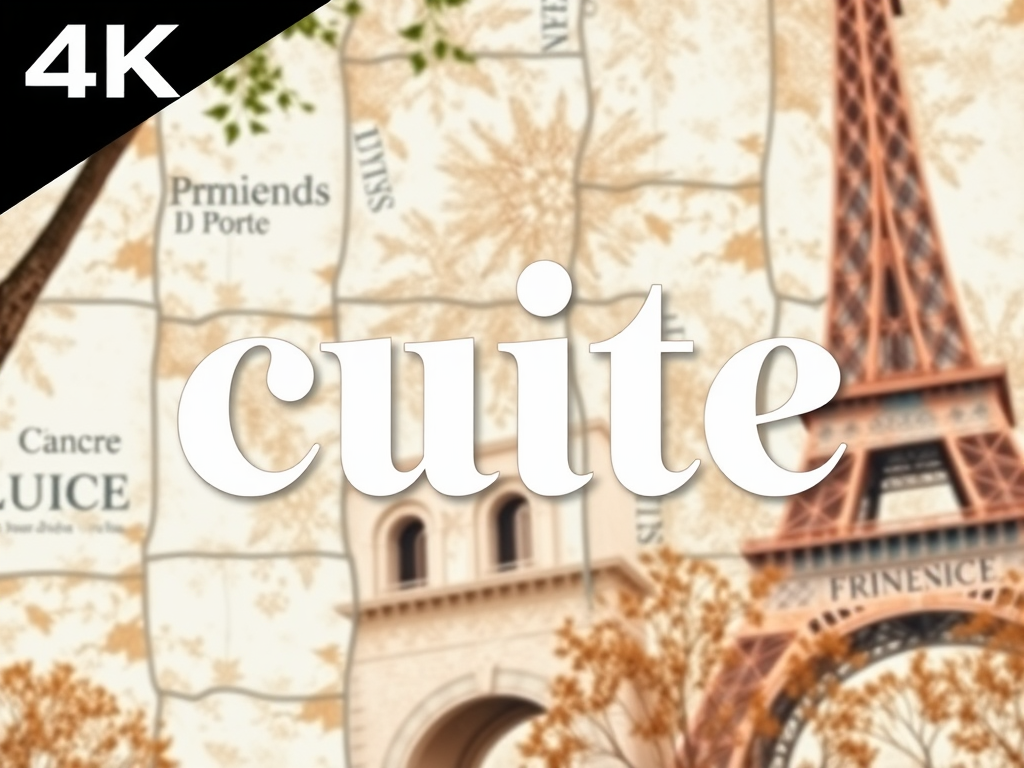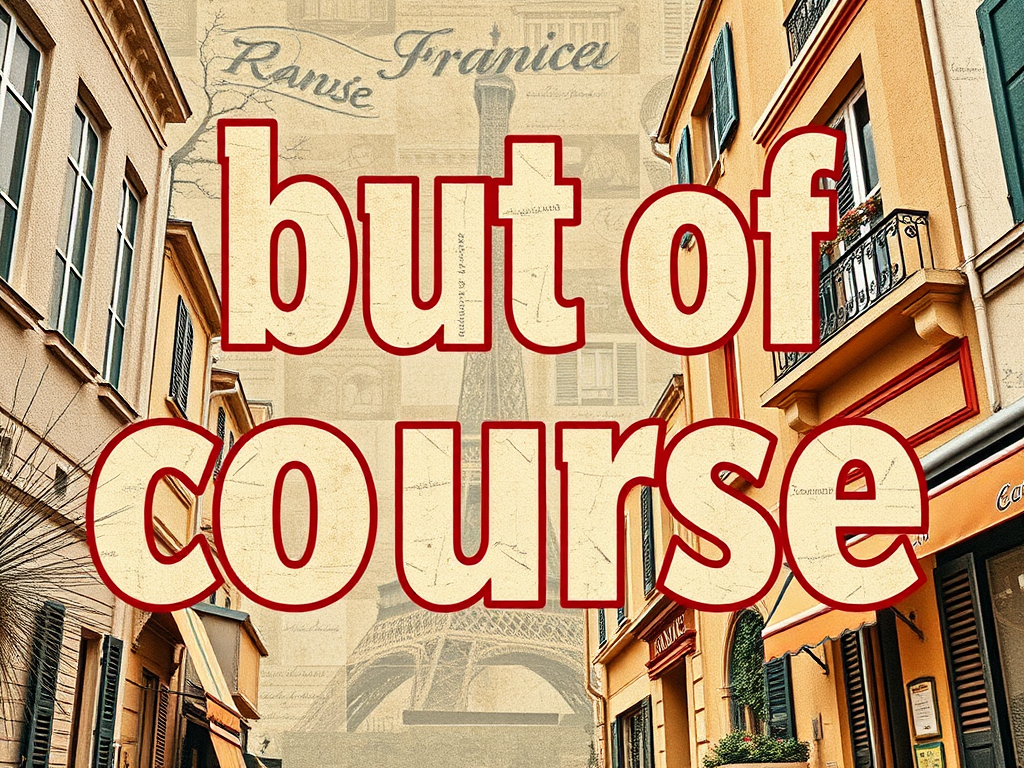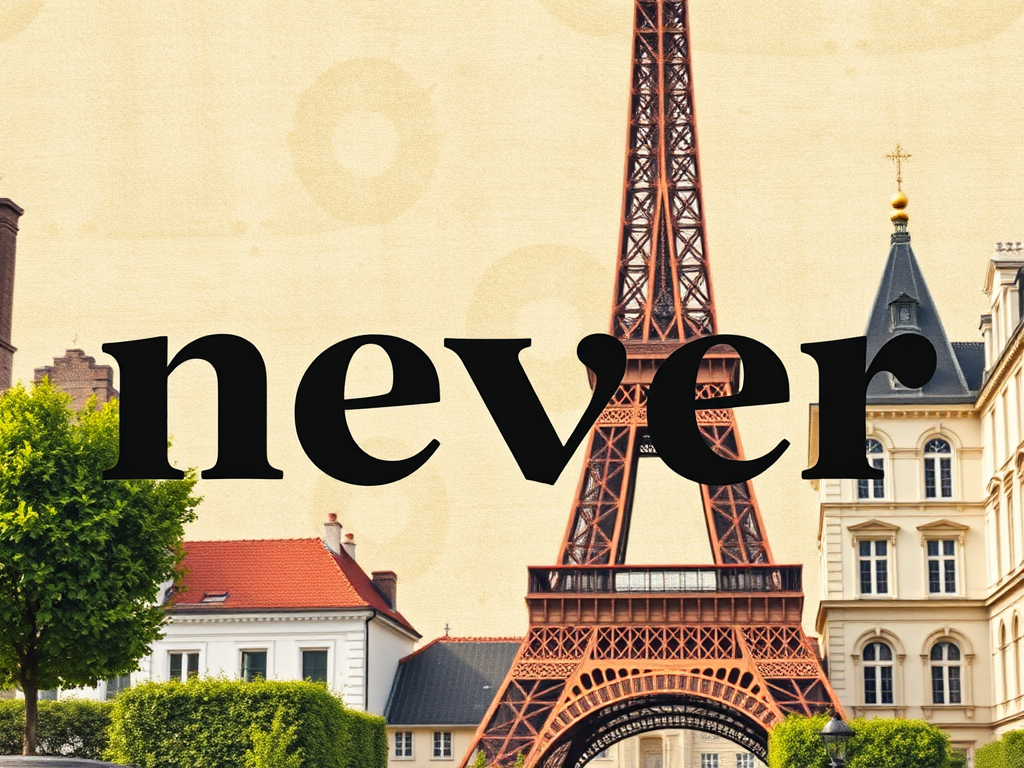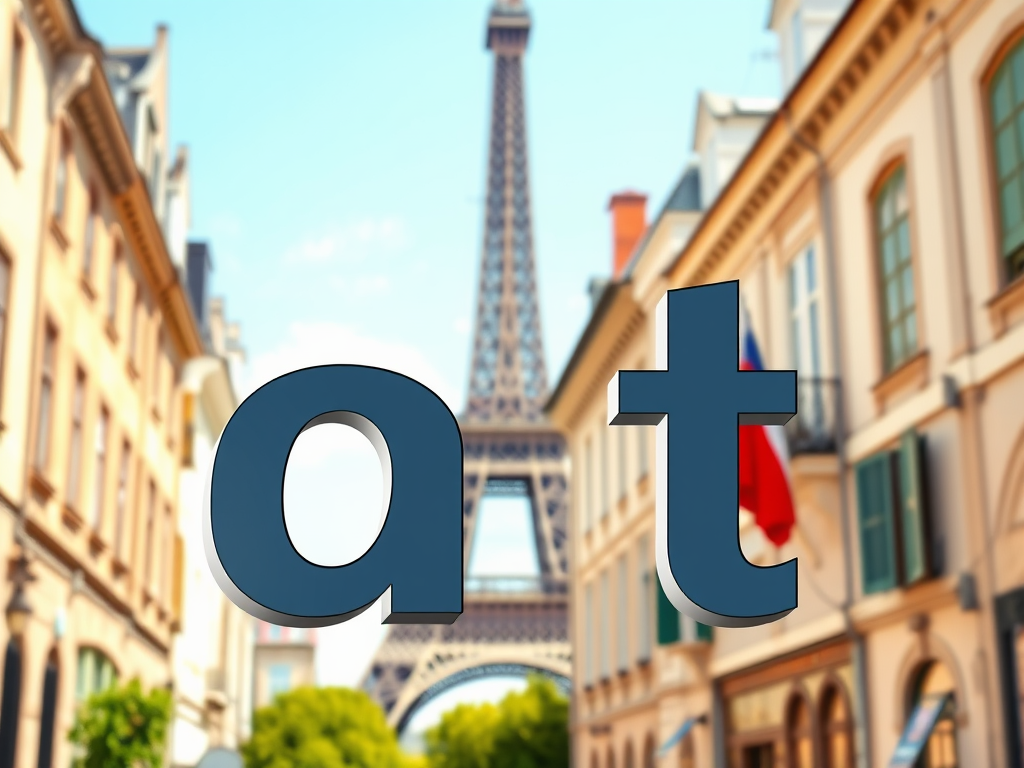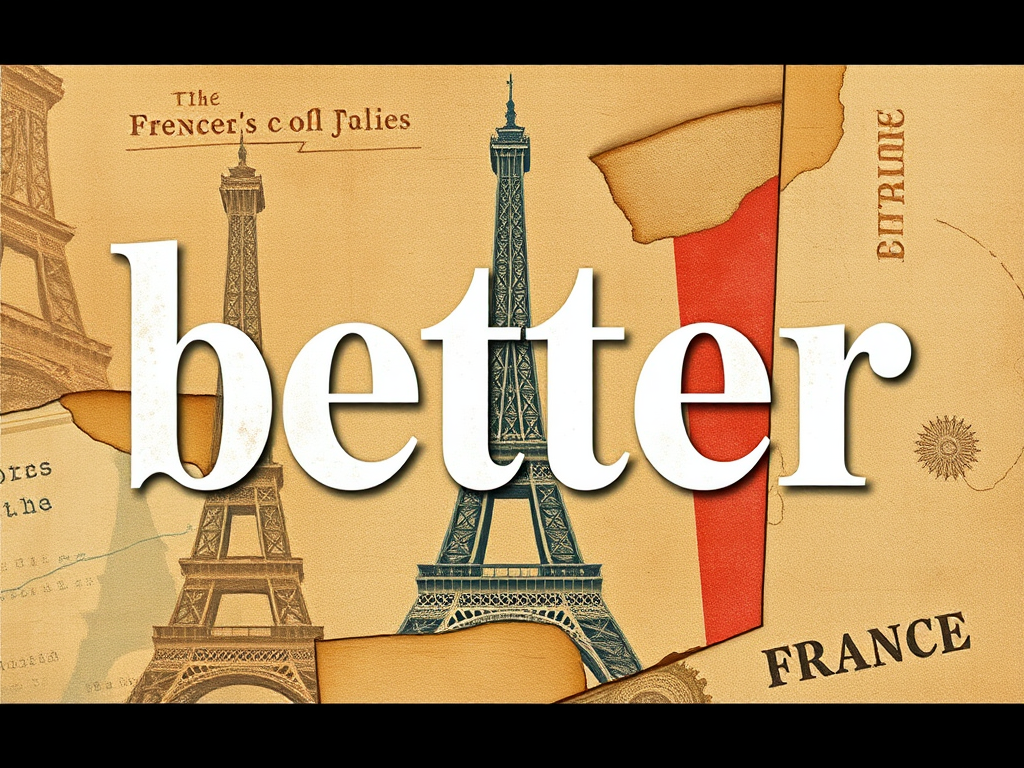These in French

The phrase "How are you?" in French is typically translated as Comment allez-vous? or Comment vas-tu?. These expressions are used to inquire about someone's well-being or general state. Let's explore the different ways to ask this question in French, along with their contexts and usage.
Formal and Informal Greetings
In French, the level of formality in your speech is crucial. Here are the main ways to ask "How are you?" based on the situation:
Formal: Comment allez-vous? [kɔ.mɑ̃ t‿a.le vu]
- Used when speaking to someone older, a superior, or in professional settings.
- Example: Bonjour Madame, comment allez-vous aujourd'hui? (Hello Ma'am, how are you today?)
Informal: Comment vas-tu? [kɔ.mɑ̃ va ty]
- Used with friends, family, or peers.
- Example: Salut Marie, comment vas-tu? (Hi Marie, how are you?)
Very informal: Ça va? [sa va]
- A shortened version, commonly used among close friends or in casual situations.
- Example: Hé, Paul! Ça va? (Hey, Paul! How's it going?)
| English | French | Pronunciation (IPA) |
|---|---|---|
| How are you? (formal) | Comment allez-vous? | [kɔ.mɑ̃ t‿a.le vu] |
| How are you? (informal) | Comment vas-tu? | [kɔ.mɑ̃ va ty] |
| How's it going? (very informal) | Ça va? | [sa va] |
Variations and Context
French offers several other ways to inquire about someone's well-being:
- Comment ça va? [kɔ.mɑ̃ sa va]: A slightly more elaborate version of "Ça va?"
- Vous allez bien? [vu z‿a.le bjɛ̃]: Literally "Are you doing well?" (formal)
- Tu vas bien? [ty va bjɛ̃]: The informal version of "Vous allez bien?"
In many cases, French speakers use these phrases as simple greetings, similar to "Hello" in English. It's common to respond with Ça va bien, merci. Et vous? (I'm doing well, thank you. And you?) 🇫🇷
Slang and Regional Expressions
French-speaking regions have their own unique ways of asking "How are you?":
- In Quebec: Comment ça va, toé? (How's it going, you?)
- In Belgium: Ça roule? (literally "Is it rolling?")
- Young people might say: Quoi de neuf? (What's new?) or Ça baigne? (literally "Is it swimming?")
Remember, mastering these expressions will help you sound more natural in French conversations. Practice using them in context, and don't forget to listen for these phrases when interacting with native French speakers! 🗣️👂

